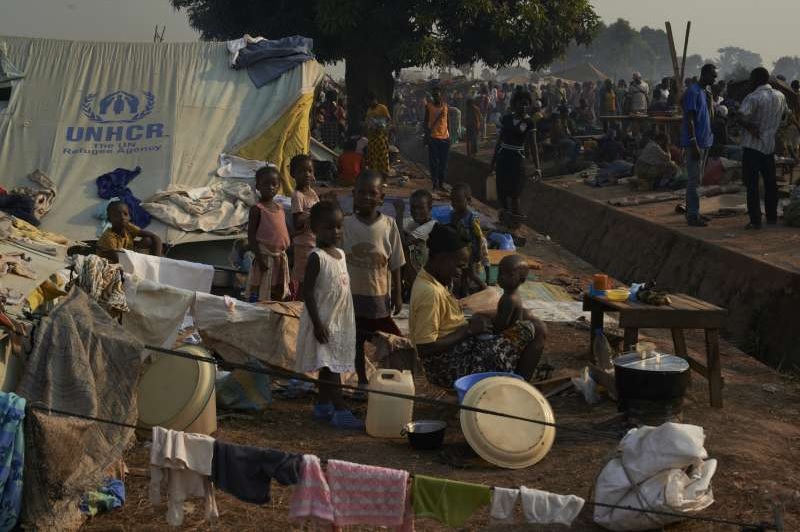UN Security Council to approve a six-month peacekeeping mission in the Bangui region on January 23. Italy not expected to send troops.
EU plans to send troops to Central African Republic in an attempt to cease the interreligious violence exploded between Christians and Muslims, which have been plaguing the country since last March. A 1.600 French troop is already active there, as well as a MISCA [Mission Internationale de Soutien à la Centrafrique sous conduit Africaine] troop made up of 4.000 African peacekeepers, to be increased up to 6.000 people within the end of the year. European troops are coming too, and will be deployed only within the borders of Bangui, probably in the area surrounding the airport, due to the unprecedented wave of violence following the resignation of the President, Michel Djotodia.
The Foreign Affairs Council will approve the mission, and then on January 23 the UN Security Council will meet to renew the mandate of the mission. “The Council should give a robust legal framework for the new intervention, hence meetings are being held on the matter already,” as a European high official explains. The number of countries ready to send troops is still unclear: “Some countries have already announced their availability, even though informally, such as Belgium, Sweden and Poland, Italy hasn’t said anything yet.” UK is not going to participate the mission, “while it is not to express detachment, but because of the necessity to focus on few targets, not on the all of them,” says a British source. The mission aims to gather about 2.000 international soldiers, but even about 1.000 could prove enough. It will not be compulsory to send troops, but each member state will fund the mission for shared expenses.
Technical details of the mission are to be defined after the UN approval, even if further ministerial meetings are not requested for the final green light. The EU Military Committee, led by Patrik de Rousiers, French, has already prepared everything for the Chef the Mission to get ready within the end of the month. Troops would actually leave in about 30 days, and ideally, they would stay there for about 6 months – when the MISCA-led African mission is supposed to be completely in force. “The French intervention has allowed a significant improvement of the situation (probably, French will lead the mission), but it still isn’t enough for the political process to correctly take place,” added the official. “Elections should be held next year, and our mandate will include solely the protection of civilians and the creation of a safe environment for a future humanitarian intervention.”
According to the Office of the UNHCF (United Nations High Commissioner for Refugees), there are over 935 thousand people who have been forced to leave their houses and villages. Among those, the refugees of the last March coup d’état by the Seleka rebels, heterogeneous coalition with prevalent Muslim composition. This act led the Republic into the total chaos created by merciless inter-tribal and inter-religious violence between Christians and Muslims.
Alfonso Bianchi








